Fashion Entrepreneurship and Investment in the Post-Covid-19 Era: Key Messages from Luxe.CO Global Forum on the Cloud
June 2,2020
Eight-hours of тLuxe.CO Global Forum on the Cloud 2020т live-streaming was held on May 23, withТ 21 key-note speakers from the fashion and investment industries across Beijing, San Francisco, New York, London, Geneva, Milan, Florence and Shanghai discussed how luxury, fashion and lifestyle companies can overcome the Covid-19 crisis and turn it into an opportunity. They shared their latest observations on the fashion industry, and on future investment strategies based on their own impressive breadth of experience.
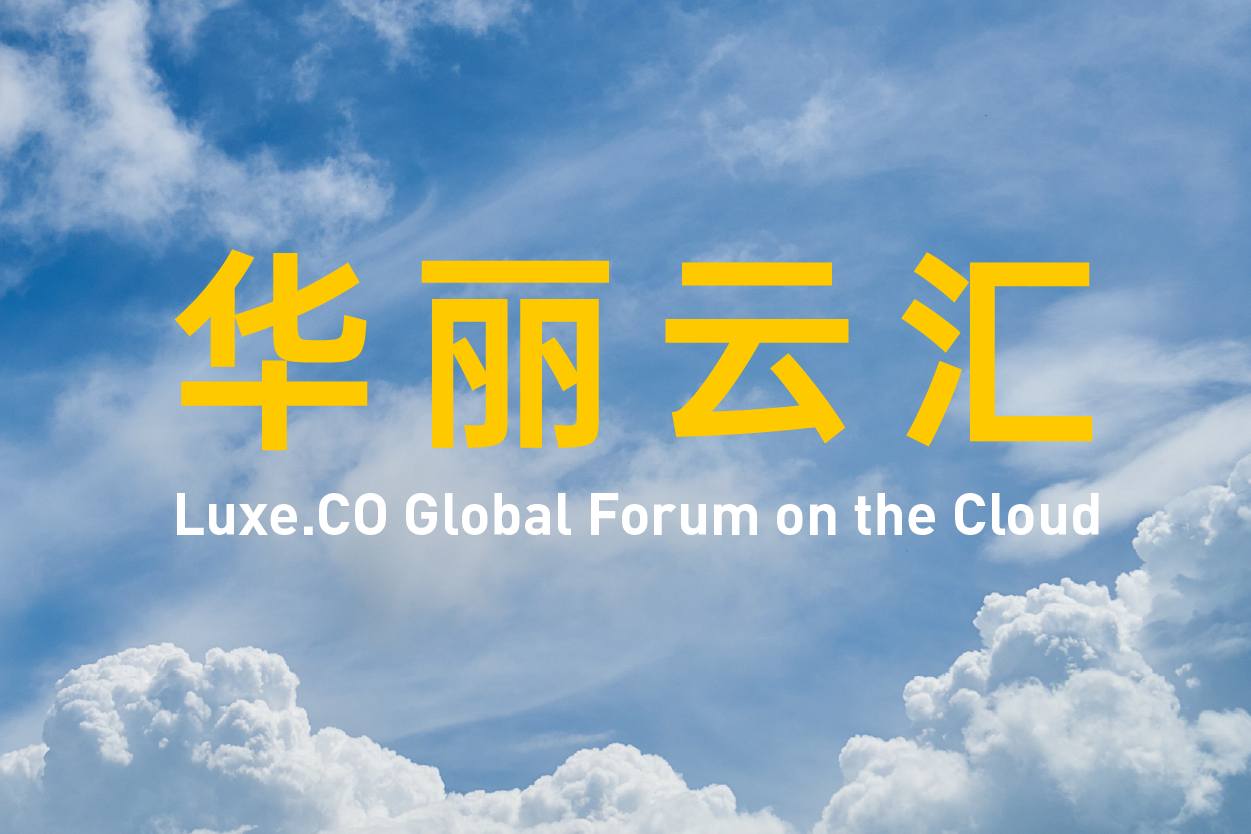
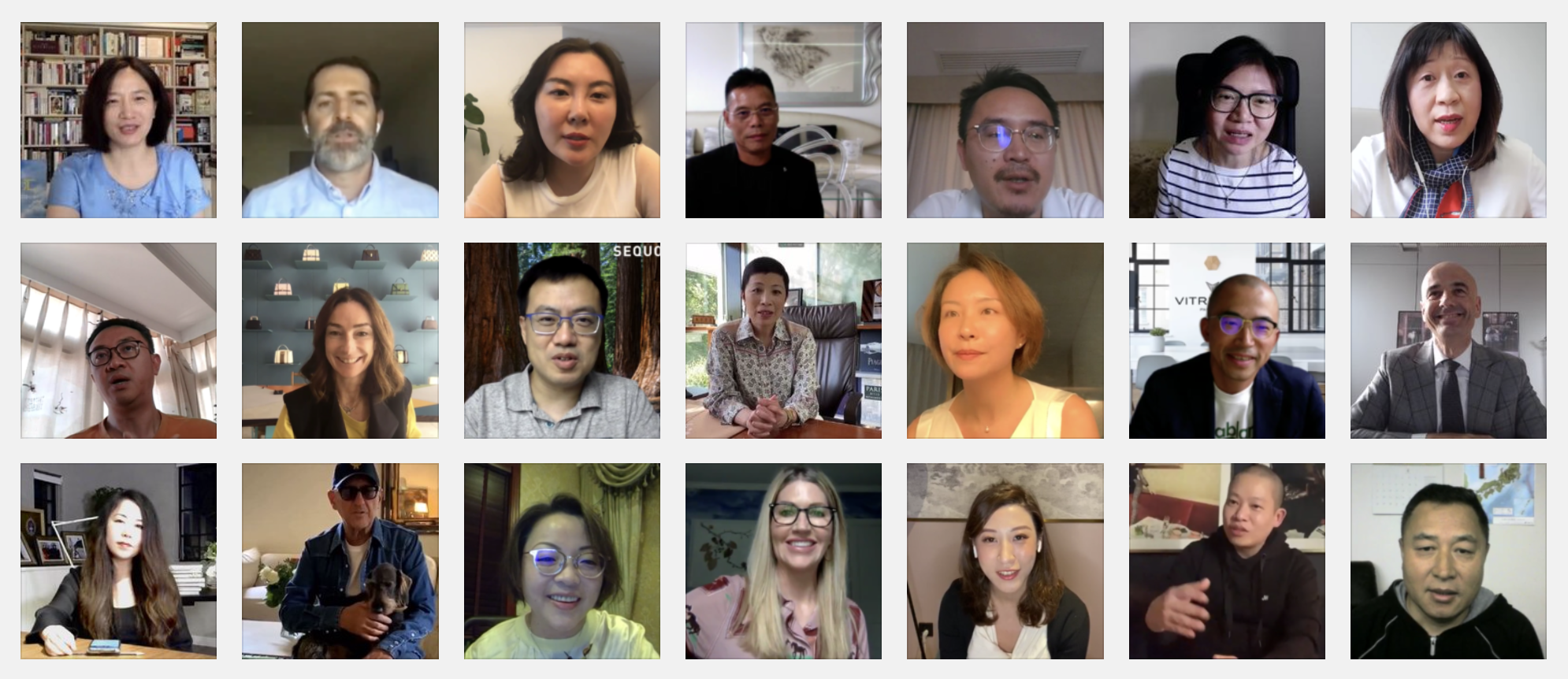
At the beginning of the forum, Alicia Yu, founder & CEO of Luxe.CO and President of Orange Bay University, presented the "2020 Global Fashion Innovation and Investment Trend Report", based on the analysis of hundreds of global fashion M&A in the past year collected by Luxe.CO. In addition, Yu also introduced the five core business units of Luxe.CO:
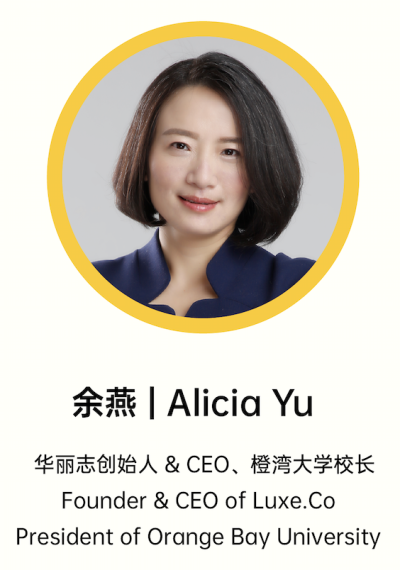
- Luxe.CO, an authoritative business media for global fashion business and financial information, with websites, apps, and social media channels;
- Orange Bay University, an innovative fashion business school;
- InnoBrand, China's largest fashion and lifestyle entrepreneurial service platform;
- LuxeCO Intelligence, which provides consumer insights, industry research, and strategic consulting services to the fashion industry;
- Luxe.COТ Global, which connects global industrial resources and meets the needs of overseas readers.
The first guest speaker was Joey Zwillinger, co-founder & CEO of internet fashion brand Allbirds. Joey Zwillingertold the story of their brand, and shared ideas on "brand value & communication", "maintaining brand genes", "global team management" and "localization in overseas marketsт, based on their own experience. He also talked about Allbirdsт future development plans and gave suggestions to China's young entrepreneurs.
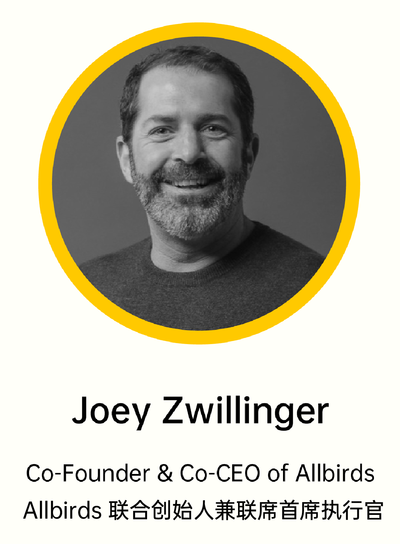
"One of the smartest things we did was to sit down three months after the company established and write down our vision for Allbirds to 2026, pretending we were in the summer of 2026, to reflect on what the brand had done in the last 10 years. I think it's very important. It's a strategic reference for the company to grow and for everyone to have a common vision. I would also encourage all entrepreneurs to aim high, not to be afraid of failure, and to set ambitious goals for themselves."
Jeacy Yan, Partner of IDG Capital, explained the investment logic behind the selection of excellent brands through the cases of Rossignol and ACNE that the company invested in last year, and shared with audiences the differences between China's innovative fashion brands and overseas brands, as well as the outlook for global high-end luxury consumption after the COVID-19 epidemic.
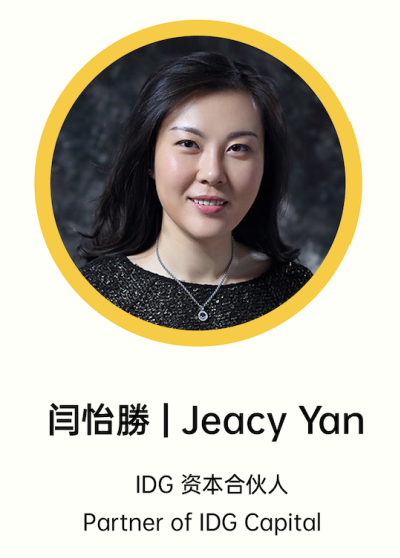
тIn recent years, we have seen the rapid rise of Chinese brands not limited to fashion, but also beauty brands, which are mainly based on two reasons. The first is the switching of consumer groups. Young consumers of the new generation have lived in an open and competitive environment since their childhood. They use the best products in the world and have a strong sense of national pride. They have no natural bias that things abroad are better than at home. Secondly, the entrepreneurs born after 1985 have acquired an international vision, they have a deep understanding of brands and know how to pursue product power.т
Liangxing Wang, President of LILANZ CHINA, discussed how LILANZ CHINA, an established clothing company, innovates and brings in international design talent to make it "younger". Discussion included how to cooperate with designers and the sharing of observations on China's menswear industry. Т Wang also discussed measures taken by the group in the emergency production of medical supplies and business during the COVID-19 epidemic.
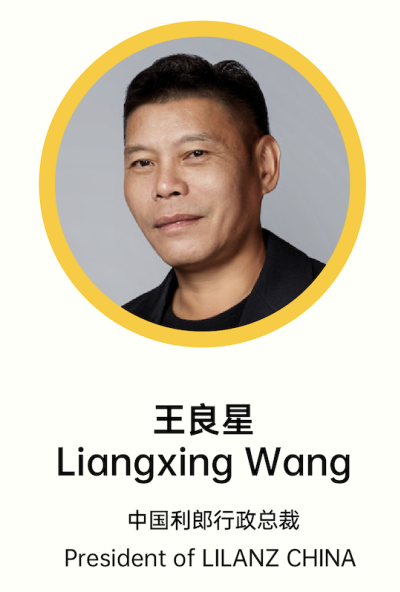
"In the past, it was cheap to rent a store and make money by borrowing hundreds of thousands of dollars to buy goods in large quantities. But in this era, it is not only about selling products, but also about selling stories. The product quality should be high, the price should be competitive, and the store image management should be in place.т
From POP MART to pidan, Michael Tu, founder of Borchid Capital, shared his thoughts on what to focus on when investing, how to observe new consumer trends on a daily basis, and how to predict the development of the post-COVID-19 epidemic market from the perspective of professional investors.
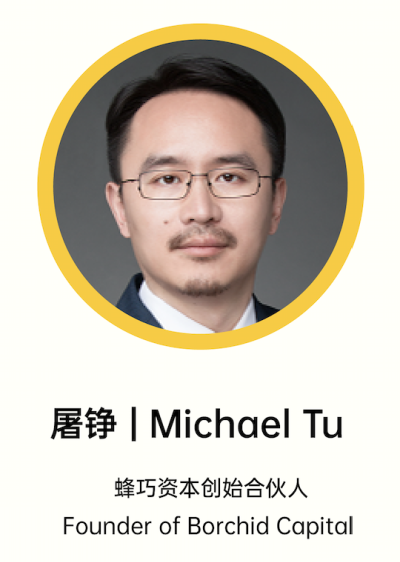
"In the fashion consumer industry, ultimately what the entrepreneur has to do is to figure out what users want, to understand the subtle changes that are happening. It's a time of change," Tu said. "The Industry renewal cycle is getting shorter and shorter, and user mindsets are increasingly fragmentedтІ it's more urgent than ever to capture the changes of mood among users."
Taoray Wang, founder of the namesake brand Taoray Wang and Creative Director of Charles Jourdan, shared the current situation in the British fashion industry, her current work situation, and how to maintain design passion and draw inspiration.
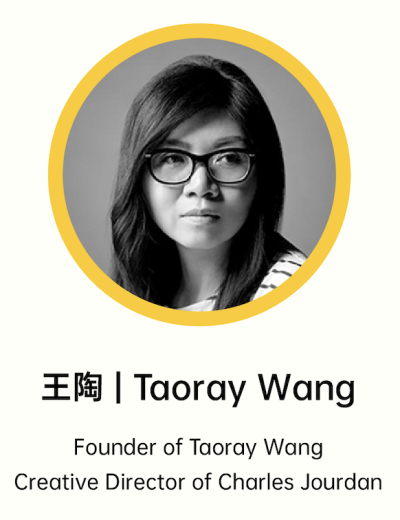
"Fashion creativity is indeed related to the changes in global society, and the changes will surely come. What we should think about now is what consumers will need in the future, instead of just closing our eyes and doing what we are used to. At the end of the day, fashion is about understanding the psychology of the consumer."
Fion Hui, VP Partner of SCP Group, shared the perspective of shopping mall operators and latest offline retail sales after the COVID-19 epidemic, an analysis of the trends in the consumer market in the future, and the change of consumer sentiment in the post-COVID-19 epidemic era.

"In the future, digitalization and technicalization will be irreversible. Before the COVID-19 outbreak, online and offline integration was more like a slogan, many companies did not have a high proportion of online sales. In the future, digitalization will only accelerate, which will also lead to accelerated fragmentation of the competitive landscape. Companies that do not have the technological tools such as big data or do not respond quickly enough will be eliminated after the COVID-19 outbreak."
Drawing on his expertise in technology with retail and marketing, Xiaoqu Luo, co-founder & CEO of big data solution company Cardinal Operations, shared how enterprises can use data tools to achieve the best solutions to improve revenue and reduce costs in the context of massive data.

"Predictions based on digital technology are really important, but predictions don't equal decisions, and while they can help you build an expectation for the future, they can't be 100 percent accurate... or even 80 percent accurate. So how do you resolve the remaining uncertainty? So we really emphasize the combination of prediction and decision making, building a better understanding of the future on the one hand, and on the other hand being flexible in making decisions based on predictions, which is what happened to a lot of businesses during this outbreak."
Sara Ferrero, CEO of Italian luxury brand Valextra, shared the story of her conversations with nearly 20 top creative people on Instagram Live, her current working status, the logic behind luxury goods, product development and brand communication.

"We sometimes forget that the brands are тpersonsт. We are people, and consumers are people too. Brands have conversations with consumers, and just like I'm having a conversation with you here today. We can't seduce everyone. So, there is a sense of creating a friendship with people that are similar to you. This is what we tried honestly to do. We share our values.т
Xing Liu, Partner of Sequoia Capital China, shared market insights and consideration behind the establishment of the "Fashion x Technology" special fund, and gave some suggestions on the choice of future fashion business segments.
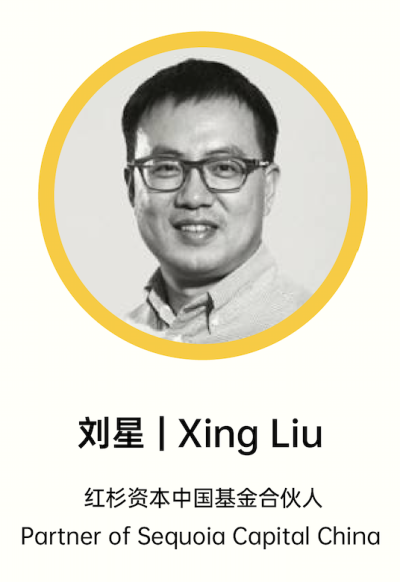
"To succeed in the fashion industry, entrepreneurs should first have a normal heart in the pace of development. It takes a long time to build a brand, so don't be too hasty. Entrepreneurs also need to be curious, highly sensitive to market demand, and able to capture changes in consumer behaviours and needs."
Mingming Dou, Director of China Affairs & Strategy of Richemont International SA, introduced the four major business sections of the Richemont group and shared a series of measures taken by the group in response to the COVID-19 epidemic crisis, including the production of medical supplies, corporate donations and staff security.
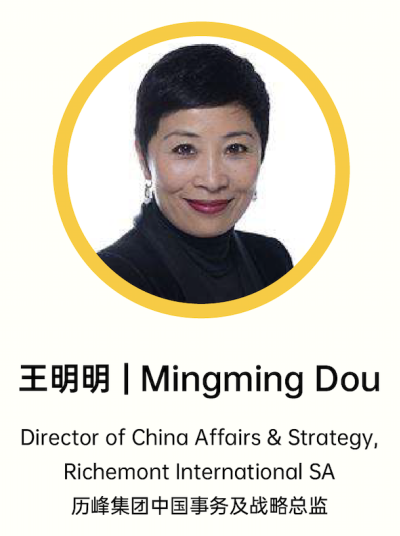
"The epidemic also presents an opportunity to transform the industry. Take тWatches & Wonders Genevaт as an example. This year, because of COVID-19, this event could not be held offline, so it was changed to an all-digital online cloud exhibition. When it comes to the luxury goods industry, we canтt help mentioning its largest consumer market, China. For a long time, Richemont Group has been focused on the China market, and firmly believes in the China market and focuses on the China market investment.т
NEIWAI is an underwear lifestyle brand that encourages modern women to pursue physical and mental freedom. Founder Xiaolu Liu shared the story of the companyтs development in recent years, as well as her experience in brand value communication and start-up talent selection.
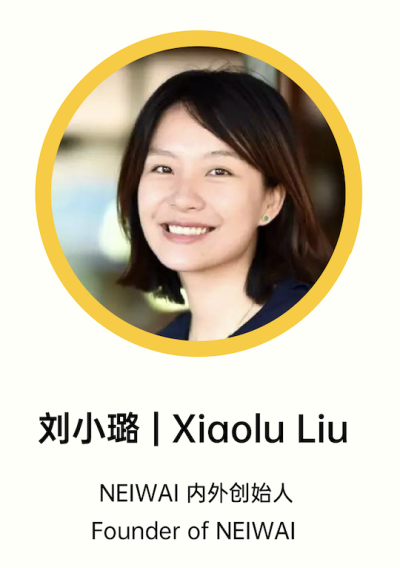
"For a consumer brand, I think there is always a 'golden triangle' of products, brands and channels. In the past few years, we have been focusing on whether there are shortcomings in these three areas, and once we find them, we will make up for them. This has enabled us to achieve relatively healthy growth over the past three years."
Richard Chen, MD of Vitruvian Partners, has been active at the forefront of internet technology investment in Europe and the US. He shared his observations on the differences between the Chinese internet brand market and the European and the US markets, as well as his predictions on the future direction of the overall market economy in the post-COVID-19 epidemic era.

"China and the US have one thing in common, that they are big markets. Some of the innovative brands in China and the US are facing the mass market, so they can grow big. But the problem is, because the competition barrier is not high, this causes sustainability not to be strong enough. Europe is just the opposite, the local market is not big, so entrepreneurs have the patience to polish the product and maintain the brand genes. Doing this well can take you very, very far."
Alessandro Barberis Canonico, Chairman of VITALE BARBERIS CANONICO, President of Milano Unica, introduced the history of his company and the current situation in the Italian fashion industry during the COVID-19 epidemic. He shared how VITALE has built its own advantages as a fabric supplier by encouraging the creativity of their designer clients.
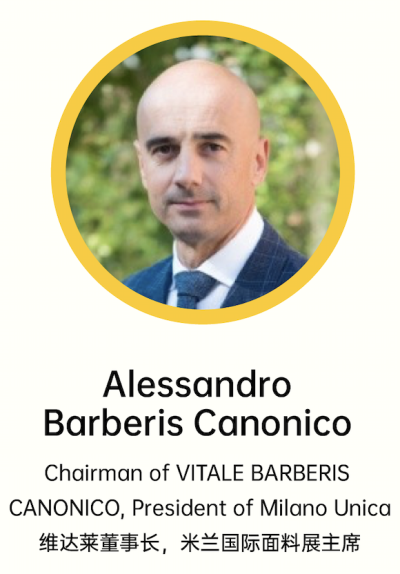
"It is true that manufacturing in Italy is more expensive than in other countries, but we are not competing on cost, we are competing on inspiring our customers. Made in Italy means creativity itself. The most important thing for all Milanese suppliers is not to give something that is cheaper, but to provide new inspiration for designer clients' new collections, which is a luxury in itself. That's probably more important this year than ever."
Grace Chen, founder of the namesake brand Grace Chen, shared her own entrepreneurial and brand growth experience, including entrepreneurship, product design innovation, insights drawn from target customers, and the importance of digital marketing to fashion, citing a creative event recently held by the brand for young people.
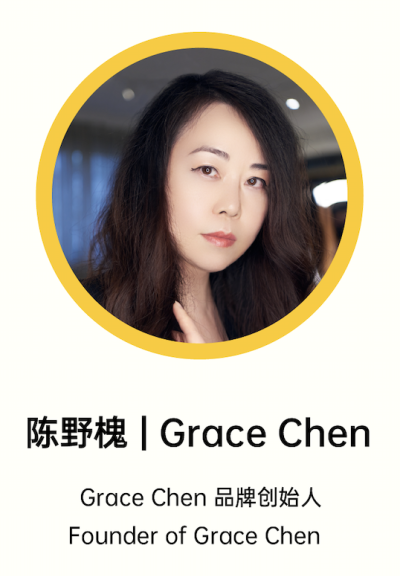
"Yesterday, we held an interesting event at the brand's club in Shanghai, where we invited many KOLs and Uploaders from mainstream live stream platforms to participate in our first show. The event was very successful, and online views reached tens of millions on the same day. So I think there's still a lot to be done in the digital market, and it's just beginning."
During the COVID-19 epidemic in Italy, sales of LuisaViaRoma, one of the first luxury boutique stores to launch an e-commerce business, rose by nearly 60 percent. Andrea Panconesi, the companyтs founder & CEO, shared more details about recent sales performance and LuisaViaRomaтs future development plans through online and offline omnichannel channel development and digital technology.
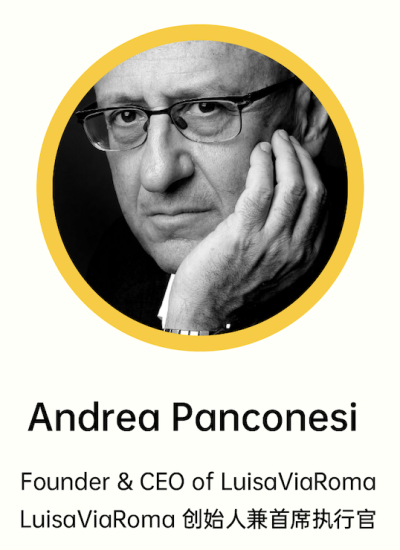
"Even though 99% of our business is online, I give the biggest importance to our flagship store in Florence, because that's where everything started. That's where our roots are. And that's where all the new ideas and the new format starts. I think it's very important to understand that the online business goes very close to the physical business. One cannot do without the other. They are like two parallel lines that get closer and closer to one another because of the new technology, but they will never touch each other. I think we're going to invest even more in the future in the physical store.т
Joann Cheng, Chair of Fosun Fashion Group & Lanvin, shared new measures for the group's global brand layout (especially across digital aspects), the recent development of the brand before and after the COVID-19, as well as the management strategy of the group's global team.

"An important strategy of Fosun Fashion Group in global brand management is Twin Engine Drive, meaning the China market engine + the engine of overseas brands, using the breadth of the world plus the speed of China. Product power needs to be constantly updated. The core of the fashion industry is creativity, so the product power centering on creativity is something we must spend time polishing every day.т
Sarah Creal, co-founder & CEO of Victoria Beckham Beauty, shared her career path from the top of a major beauty company to the creation of a new beauty brand, the changes in the methods and content of her work, as well as the development strategy and blueprint for the future of Victoria Beckham Beauty.

"Makeup can make people feel more comfortable to a certain extent, and some of the rituals of life (such as makeup) can be comforting in an uncertain environment, so I think beauty products will become more and more important in the future. Now as a brand, it's important that we are listening, that we're being authentic to who we are and that there are real actions. It's not just words because in this time and going forward, it's a trend that started before Covid. There needs to just be more communication, more understanding, more authenticity.т
Zidi Liu, founder of Green Harbor Investment, analyzed the challenges and opportunities faced by the fashion industry, the current advantages of Chinese designers and how designers can adapt to business needs, and provided insights into trends in young consumer preferences.
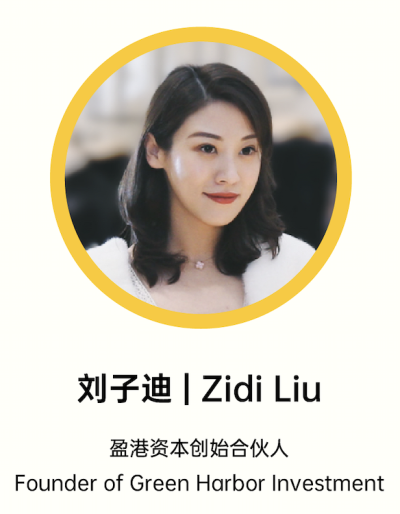
"Beyond the product is commercialization. If the design is compared to the human soul, commercialization is just like the skeleton. Only when the skeleton is perfect can the soul be well conveyed to the outside world. This framework encompasses the entire management strategy from the back end of the supply chain to the front end of marketing."
Famous New York-based Asian fashion designer Jason Wu chatted about his recent life, work, and inspiration for his new collection.

"Compared with a decade ago, I think trends around the world are going really fast. For what I do I always care about more timeless pieces. Jason Wu is not so much into very trendy, very cool things. We like things that are like more classical, more timeless. Because I always think that my clients like to invest in their wardrobe.т
At the end of the forum, Wei Wang, Director of China National Tourism Office, Tokyo, brought the latest news about the retail industry in the current Japanese market, including changes in consumer mentality, behaviour and industry trends.
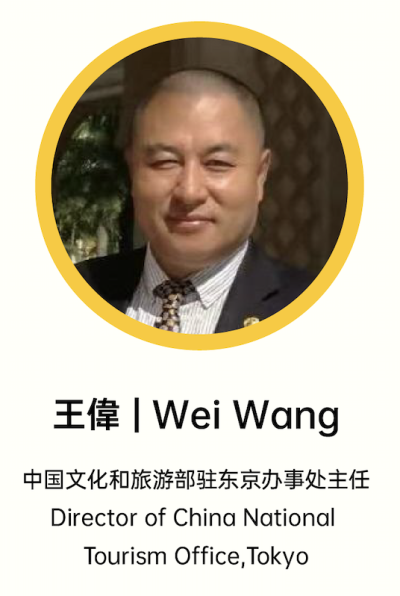
"Fashion should return to common sense, which is sustainable development. I think this concept should take the lead at least in our China market. When ideas change, so do behaviour, logic, innovation and fashion models. I think sustainability is the highest fashion and the biggest market."
About тLuxe.CO Global Fashion Innovation and Investment Forumт
Since 2015, Luxe.CO has held a series of forums in Beijing, New York, London, and Milan, with the vision of "Connecting Global Fashion Innovators".
The forum is a research-driven forum for professional readers that brings together decision-makers, innovators, entrepreneurs, investors, designers, and opinion leaders to discuss the latest trends, core issues, and development direction of innovation and investment in the global luxury, fashion and lifestyle industries.
In the year 2020, Luxe.CO Global Forum on the Cloud will bring together guests and friends from all over the world in an efficient and convenient way to share the latest thinking on global fashion entrepreneurship, innovation, and investment.





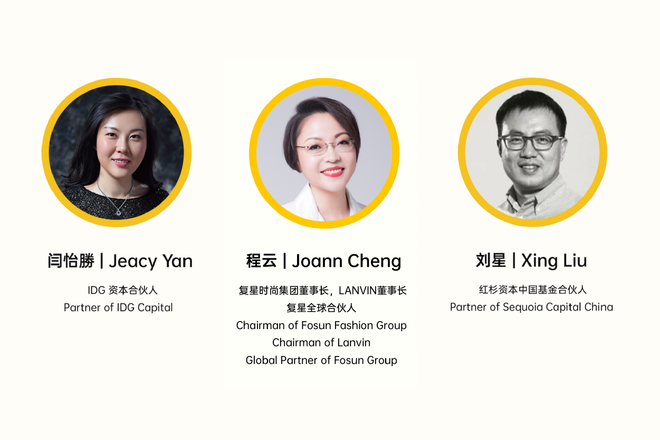






Comments